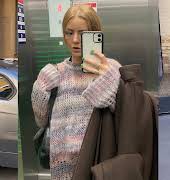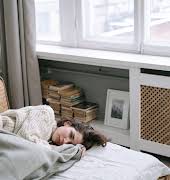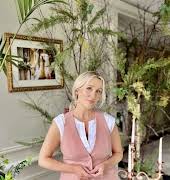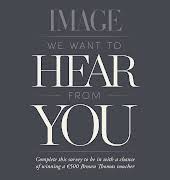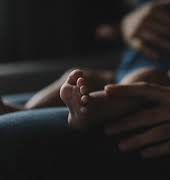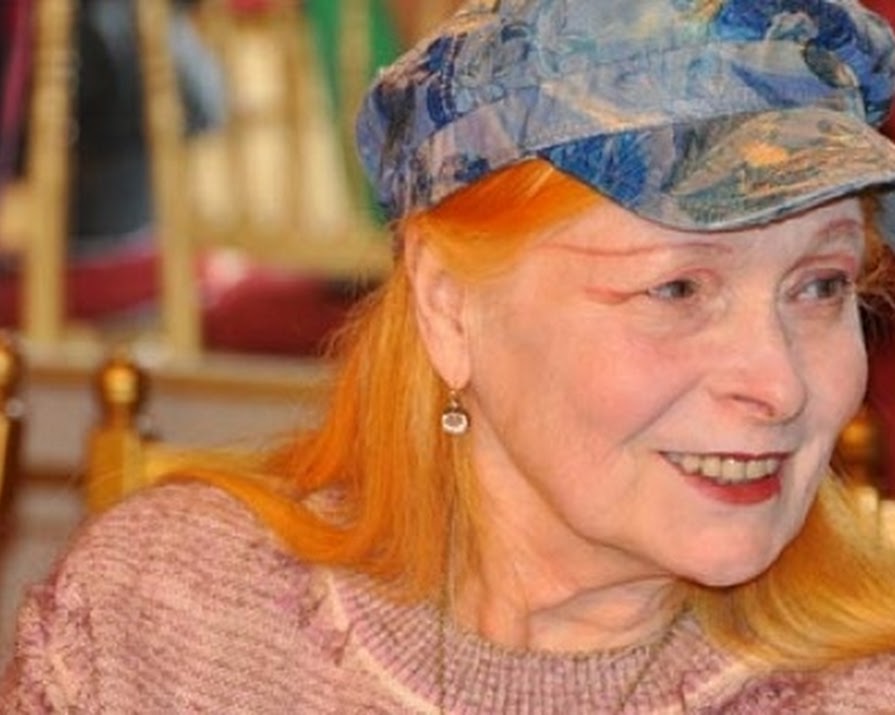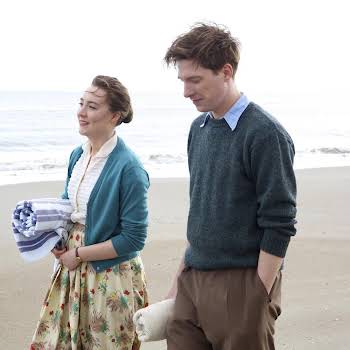
By IMAGE
23rd Sep 2014
23rd Sep 2014
Vivienne Westwood interview.
Revered designer Vivienne Westwood, 73, has taken to her forthcoming memoirs to speak of the domestic violence she experienced at the hands of Malcolm McLaren, the father of her youngest son (Joe Corre, co founder of Agent Provocateur) and the former manager of the Sex Pistols. Sharing serialised excerpts with The Sunday Times, Westwood reveals:
“Because he’s dead, I don’t mind saying this: he behaved incredibly cruelly. Professionally, personally, in every way. I used to hit Malcolm” she admits. “One day he hit me back? He had this thing where he couldn’t leave the flat until he made me cry. He wanted to feel bad or something – he was trying to draw blood. It was simpler to give in; to give way to the tears so he would stop. Real tears have never come back for me. I haven’t cried properly since.”
As is often the case with domestic violence cases, those involved feel they cannot speak openly about it until that phase of their life has passed, but hopefully in reading of Vivienne’s experience, it will encourage others, both women and men, to confront the situation as it’s happening, and hopefully get the help they need to remove themselves from the situation.
Westwood goes right back to the beginning of their relationship, at the outset of the punk movement, chronicling how the two wound up together because of circumstance; it was never what she intended but she felt she had to rescue him.
“Malcolm chased me…?I didn’t want him for my boyfriend. He didn’t look after himself. And I started trying to cook for him a bit and stuff like that. And, well, that’s how it started. He wasn’t well one time and he didn’t have a bed… So I made him sleep in my bed in the daytime to get over a fever, and he stayed in there for days and then he wouldn’t get out. And that was how we ended up having sex.”
“The point is, I didn’t want Malcolm at first, but I did, in fact, end up getting pregnant by him… Even then, I didn’t really want him.”
The designer explains how she felt that by being nice to him, she gave him the wrong idea.
“I felt, you see, that somehow I’d been so kind to him that maybe he’d got the wrong idea, and it was my fault, and that I’d led him on without knowing,” she said.
“So I had to get involved with him. And then there was this other guy – nothing serious, just someone else I was set to go out with. And Malcolm called me a whore. And that’s when I realised he was obsessed.”
But Vivienne is quick to point out her own misdoings, admitting that she herself was so focused on the fashion industry at the time that she didn’t give her kids half the attention that they would have needed.
“I neglected my children because I had to do certain things, which meant that I couldn’t be there for them – in order to do ?fashion?, because, at that time, I thought fashion was a kind of crusade… At the time of punk, it felt like it was. We needed to show the world that we were serious. Now, as a mother and a grandmother, I regret that. I got the balance wrong. But I was doing the best I could, as I saw it, at the time.”





